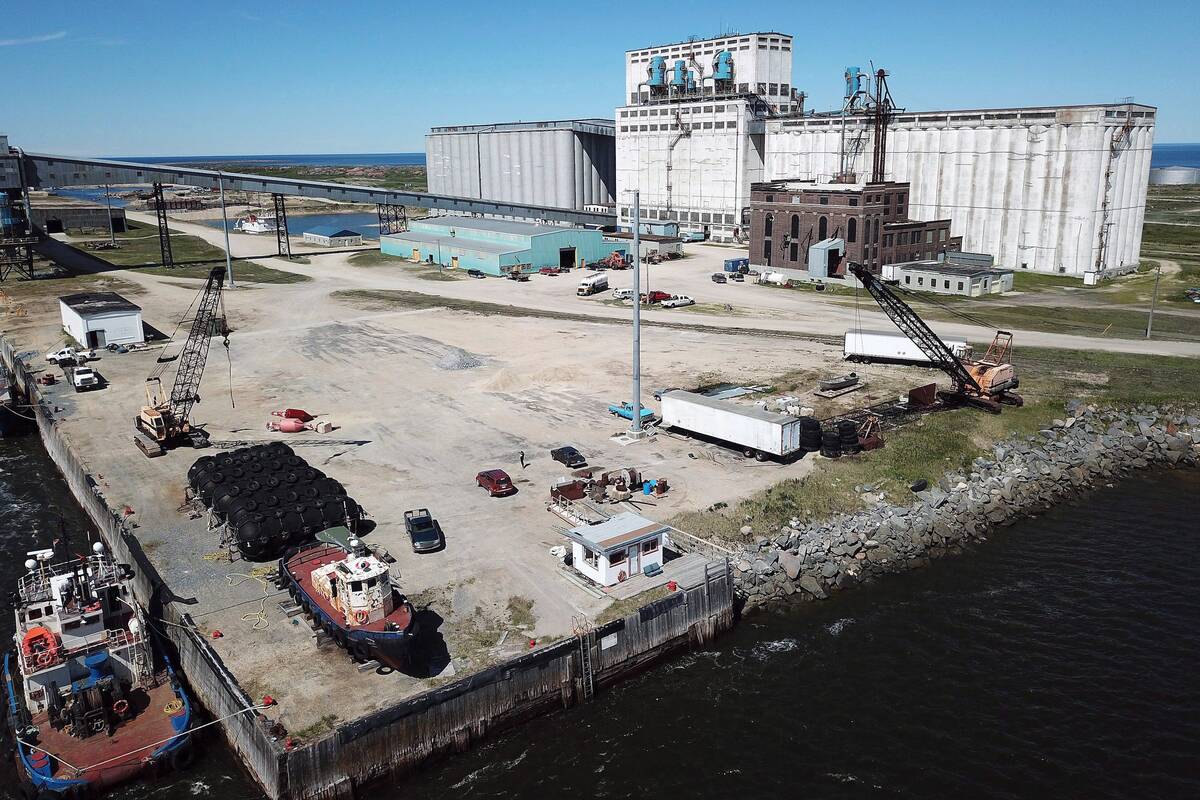Roughly 60 per cent of Ukraine’s grain exports could transit through neighbouring Romania after Russia quit a U.N.-brokered safe passage deal through the Black Sea, Romanian Prime Minister Marcel Ciolacu said August 18.
Ukraine is one of the world’s top grain exporters, and Russia has been attacking its agricultural and port infrastructure after refusing to extend the year-old safe passage corridor.
Even before the deal fell through, Romania’s Black Sea port of Constanta had emerged as Ukraine’s largest alternative shipping route.
Read Also

Air, land and sea join forces as Manitoba launches Arctic trade corridor plans
Manitoba wants to take its Arctic trade routes to the big leagues. The Port of Churchill, CentrePort Canada and Winnipeg airport have all raised their hands to help it happen.
Ukraine shipped 8.1 million tonnes of grain through Constanta in the first seven months of the year, and 8.6 million tonnes overall in 2022.
“We hope that over 60 per cent of the total volume of Ukrainian grain exports will transit Romania,” Ciolacu said after meeting Ukraine’s Prime Minister Denys Shmyhal in Bucharest.
He said Romania was trying to improve its connecting infrastructure by rail, road, river and sea, as well as at border crossings.
Earlier this month, Romanian Transport Minister Sorin Grindeanu said European Union and NATO state Romania aimed to double the monthly transit capacity of Ukrainian grain to Constanta to four million tonnes in the coming months.
Ciolacu also said Romania, one of the EU’s largest grain exporters, would balance efforts to boost the transit of Ukrainian grain to international markets to protect local farmers.
Romania is one of five eastern EU countries that saw a surge of Ukrainian grain imports since Russia’s invasion, which distorted local markets and prompted protests from farmers, leading the EU to approve temporary trade restrictions.
The import ban expires on Sept. 15 and the five states have asked for it to be extended at least until the end of the year.

















